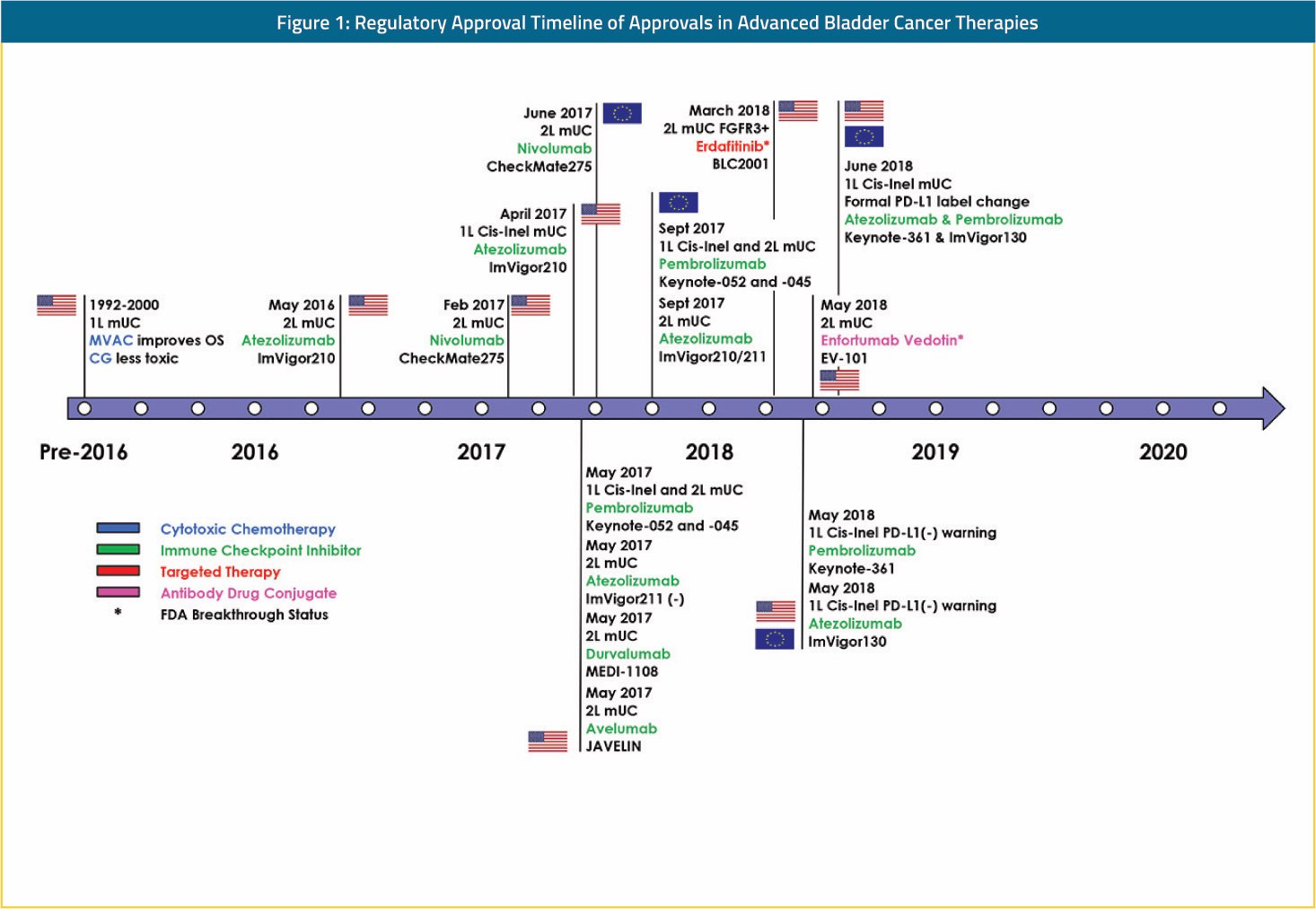Robotic Surgery as Applied to Functional and Reconstructive Urology.
In recent years, there has been a rapid uptake in the use of laparoscopic and robotic surgery within urological oncological surgery. There is now growing interest in applying these surgical techniques to functional and reconstructive urology (FRU).

